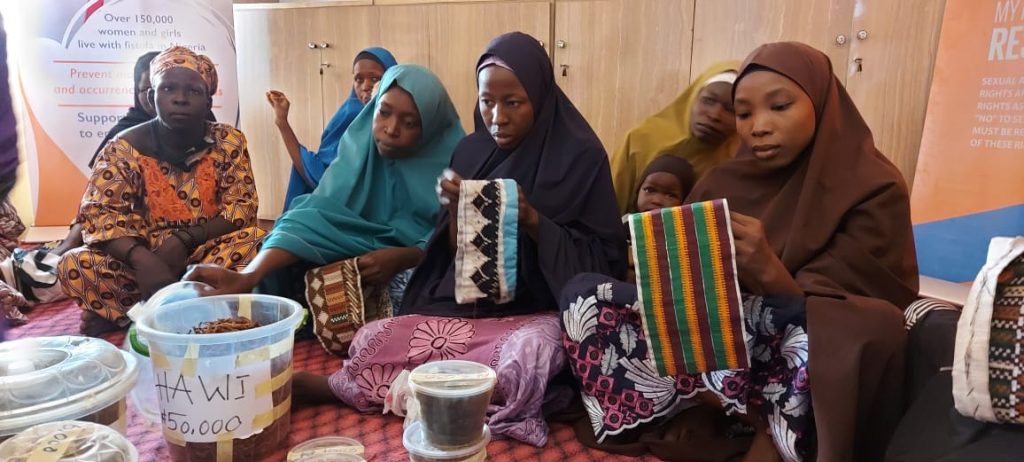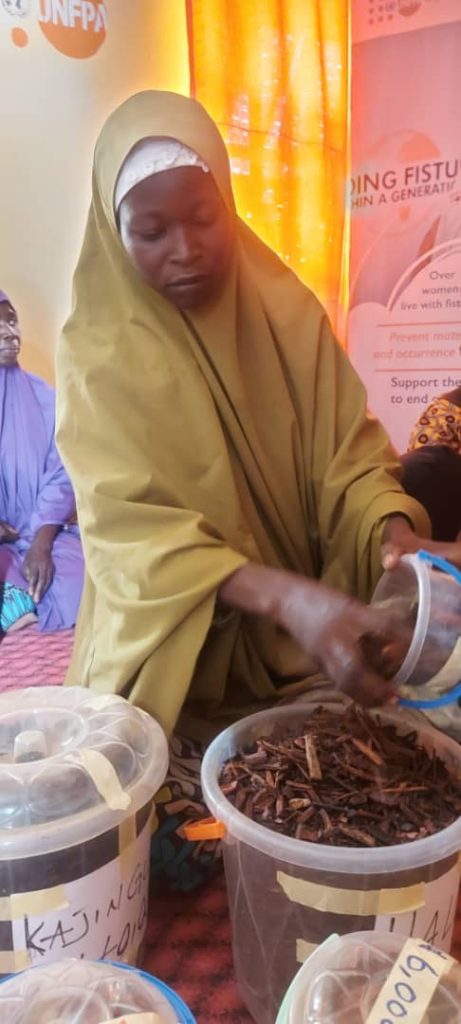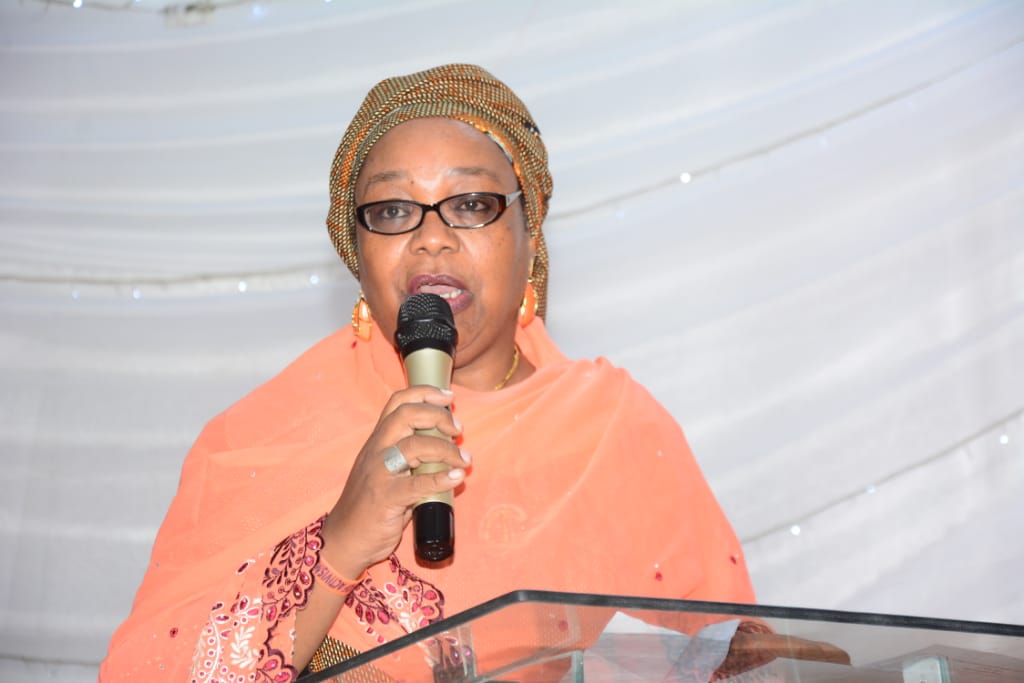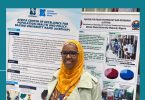
Obstetric Fistula is a public health condition and the most devastating pregnancy related disabilities in the country.
Nigeria accounts for forty percent of fistula cases worldwide with more than fifty thousand cases annually.
Although the condition is preventable and treatable, many women have not been able to access the services due to cultural factors, poverty and other sundry reasons.
As the world marks the international day to end obstetric fistula, correspondent Dauda Iliya examine effort to achieve zero fistula in Borno state, the epicentre of Boko Haram insurgency and how survivors have been empowered.
The Boko Haram insurgency has heightened cases of obstetric fistula and gender based violence due to mass displacement of people and destruction of health facilities in Borno state.
Obstetric Fistula is the uncontrol flow of urine or faeces due to prolonged obstructed labour.

According to United Nations Population Fund UNFPA, more than four hundred thousand women have not accessed fistula treatment in Nigeria and a significant number of them are in North Eastern part of the country.
However, in an effort to achieve Goal 3 Target 7 of the Sustainable Development Goals, that is ensure access to sexual and reproductive healthcare services, the UNFPA with support of Korea International Agency KOICA and Borno state government have established a forty bed fistula center in Maiduguri, where more than six hundred fistula repairs have been carried out.
Fatima Mohammed a mother of seven and Fati Abba a mother eight have been battling with the condition for twenty five years.
They are among two hundred repaired fistula survivors rehabilitated and trained in skills of cap making and local perfume production to improve their means of livelihood.
“I have suffered serious stigma from family members and neighbours but thank God I am healed, I have even delivered two babies after the repair. Am leaving happily with my husband” Fatima lamented.
Fatima Abba also describe the level dejection she has suffered.
“I have been divorced twice by my husband because of this condition, am currently living with my parents and my eight children and with this new skill of cap making that I have learned, am using the proceeds to take care of my children”.

Director women affairs, Borno state Ministry of Women Affairs and Social Development Hajiya Falmata Gambo explained that aside from livelihood intervention, the survivors also receive psychosocial support and counselling to overcome their challenges.
“they will be supported with grants and starter kits for the skill they have been trained on so that they can continue with their lives and be accepted in the society ” Mrs Gambo explained.
Sexual Reproductive Health Specialist, United Nations Population Fund Maiduguri sub office, Mr. Kelvin Chukwuemeka said the intervention has made a lot of impact on the survivors.
According to him, the repair has restored hope of women and girls suffering from obstetric fistula.
Mr. Chukwuemeka also said 584 healthcare providers and 90 skilled birthpp attendants have been trained in an effort to achieve zero fistula in Borno state.
Dauda Iliya







